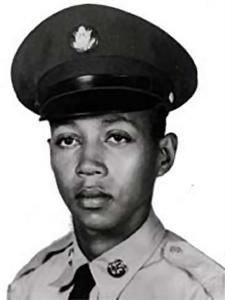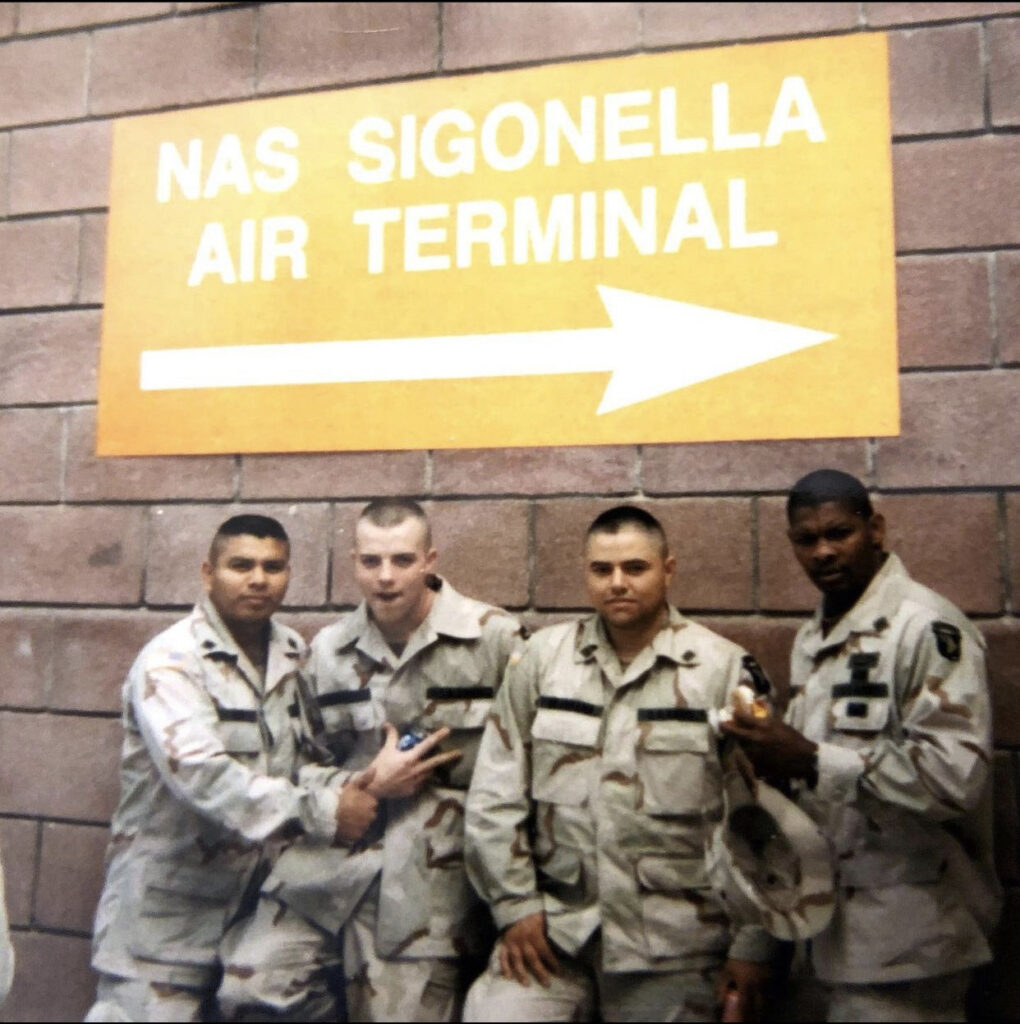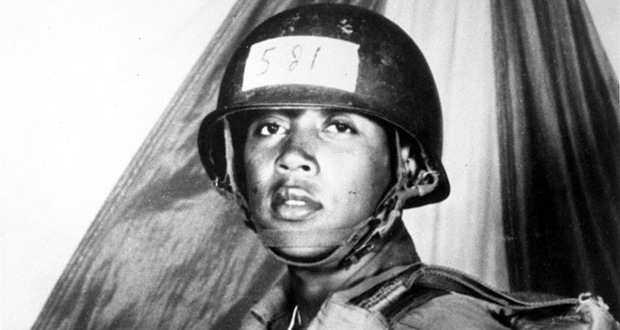In recognition of Black History Month, I want to remember one of my personal heroes: Milton L. Olive III.
While in the Army infantry, I served alongside servicemembers of every conceivable ethnicity, religion and gender. No one was given special treatment and I learned very quickly that my life often relied on the men to my left and right.
To reinforce this point, there is a 30-foot, multi-platform tower at infantry school at Fort Benning, Georgia, specifically designed to make young soldiers trust their squad mates. Called “Victory Tower,” there is no way to ascend or descend without assistance from your squad.

A bond forms in the worst of conditions, and I would occasionally ask myself “Would I jump on a grenade to save these jerks?”
Of course I would, because they are my jerks.
The First Black Soldier to Receive the Medal of Honor in Vietnam
It’s often hard to explain to civilians why I would willfully sacrifice my life for a person I may not have known even a year ago. But that is exactly what Milton Lee Olive III did to save four comrades during the Vietnam War. As a result of his heroic self-sacrifice, PFC Olive was posthumously awarded the Medal of Honor, the first Black recipient of the nation’s highest military honor in the Vietnam War.
PFC Olive went to high school in Mississippi and later moved to Chicago, where he learned that many of the high school credits he’d earned down south wouldn’t transfer. He was told he would have to repeat his sophomore year. Discouraged, he dropped out of high school and, at 18 years old, enlisted in the U.S. Army as a paratrooper with the 173rd Airborne.

His baby face, soft voice and tendency to avoid profanity earned him the nickname: “Preacher.”
According to HistoryNet, “On Oct. 22, 1965, helicopters inserted Olive’s unit into dense jungle outside Phu Cuong, near Saigon, where it was engaged by a large enemy force. The Americans returned fire, forcing the enemy into a retreat, and Lieutenant Stanford rallied his men to give chase. But Stanford, Yrineo, Olive and two other soldiers ran into an ambush. ‘Look out, lieutenant, grenade!’ Olive shouted, as one landed in the middle of the group.”
Olive dashed forward and grabbed the grenade. Yelling “I’ve got it,” he tucked it into his middle and moved away from the others, falling on the grenade and absorbing the full blast.
Olive’s platoon leader, Lieutenant Jimmy Stanford, later told a journalist, “It was the most incredible display of selfless bravery I ever witnessed.”
PFC Olive sacrificed his life to save the lives of his squad mates, made up of black, white and Hispanic men. To do so, after having witnessed some of the racial tensions of the mid-1960s, shows how powerful the desire is to fight for and, if needed, die for one’s comrades regardless of their race.
In April of 1966, after presenting Olive’s father with his posthumous Medal of Honor President Lyndon Johnson remarked:
“He was compelled, instead, by an instinct of loyalty which the brave always carry into conflict. In that incredibly brief moment of decision in which he decided to die, he put others first and himself last. I have always believed that to be the hardest, but the highest, decision that any man is ever called upon to make. In dying, Private Milton Olive taught those of us who remain how we ought to live.”
We used to talk in the barracks about PCF Olive’s bravery and how his sacrifice set the tone for race relations in the nation’s first fully integrated war, the Vietnam War. But his legacy stretches much further in time, reaching into the wars of the present. It’s hard to be a racist when your life rests in the hands of someone you may have been taught to hate.

Along with education, the U.S. military is the great equalizer. Men and women from every point on the compass are brought together under extremely difficult conditions and encouraged to forget their former lives for a new life of selfless service.
There are lessons to be learned from PFC Olive’s incredible sacrifice; lessons that transcend race and point to our shared humanity and brotherly love.
In dying, Private Milton Olive taught those of us who remain how we ought to live.

Comments are closed.